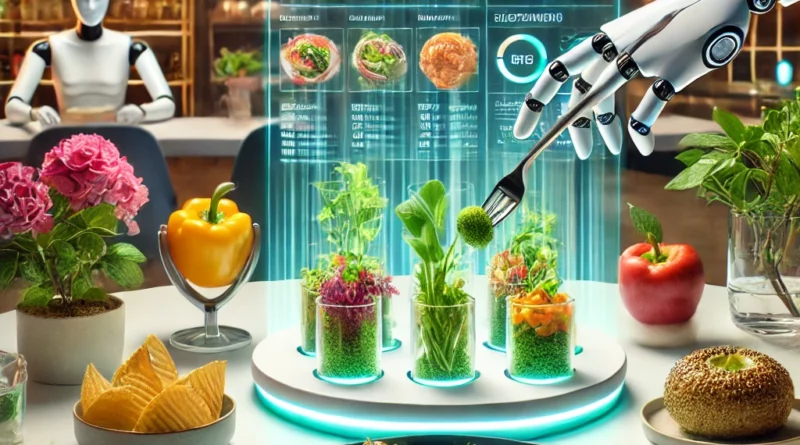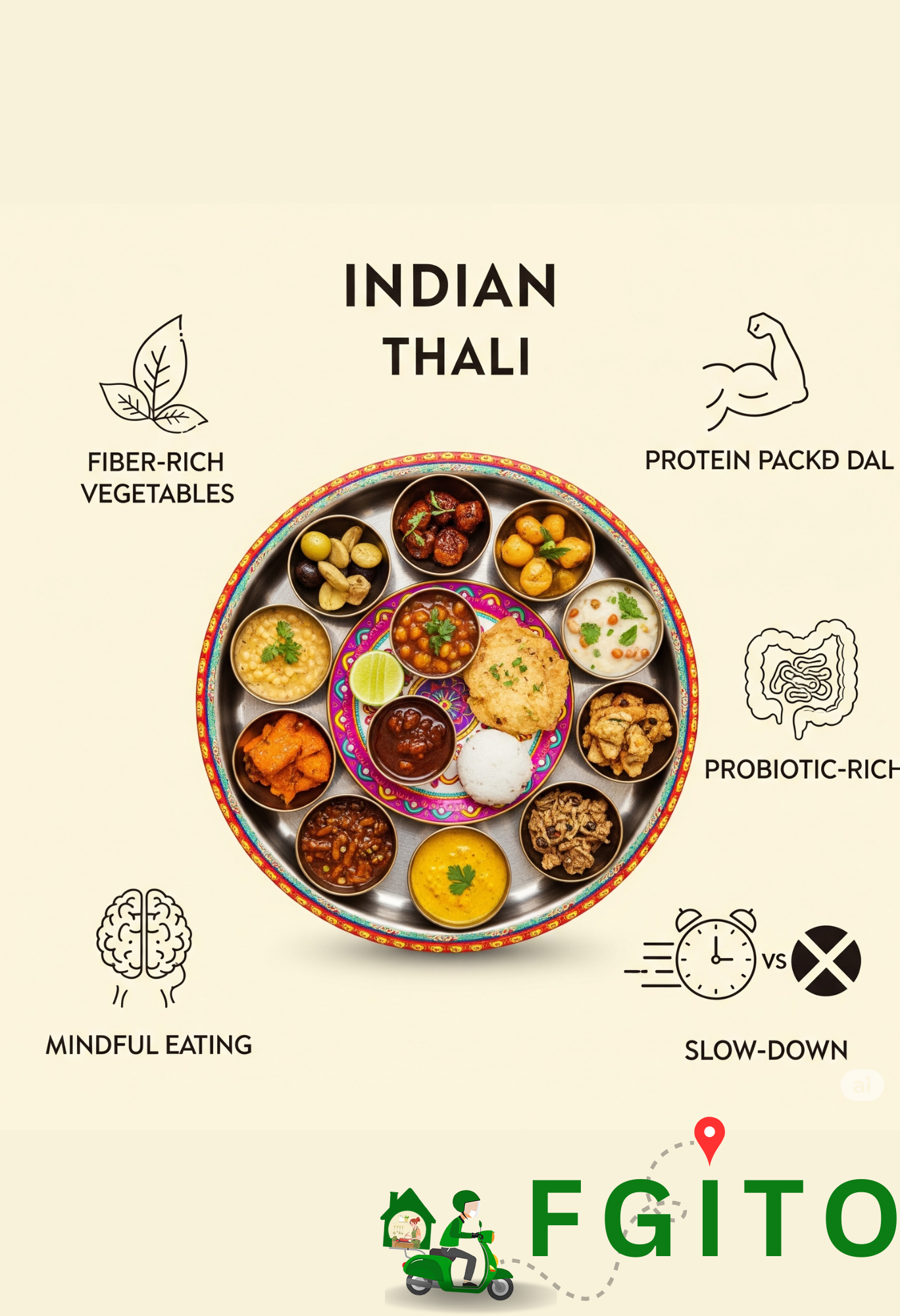The Future of Food: Trends Shaping Our Plates
The global food industry experiences fundamental changes because new advancements and food-related trends modify all food manufacturing and distribution processes while affecting customer food usage habits. The upcoming food era has taken shape through two primary objectives of health improvement and environmental sustainability and innovation progress. An analysis of food trends which transform dietary choices across the world’s food industry will follow.
The Rise of Plant-Based Diets
Plant-based eating patterns have moved beyond being a minor trend because they now represent a worldwide phenomenon. People choose plant-based food meals because they understand the vital relationship between health concerns and environmental responsibility along with animal rights protection.
The production of plant-based alternatives along with dairy-free products contributes essentially to lower greenhouse gas output while needing less material and energy for their creation.
Report data indicates that the worldwide plant-based food business will generate $77.8 billion by 2025.
Beyond Meat and Impossible Foods serve as market leaders who produce plant-based food products that duplicate meat characteristics including burgers and sausages.
Lab-Grown Meat: The Protein of the Future
The process of cultivating meat in laboratories presents itself as a transformative solution which can fulfill protein requirements for expanding human numbers. Lab-grown meat develops through the controlled cultivation of animal cells to deliver sustainable farming that is ethical compared to customary meat production.
Farmed meat created in labs requires much less ground territory and water usage during production than standard meat farming methods together with substantially reduced methane releases.
The market acceptance of cultured meat continues to grow despite its early-stage development because startup companies such as Eat Just and Upside Foods actively pursue its implementation.
The main obstacles to putting lab-grown meat into widespread use consist of scaling production capacity and decreasing manufacturing expenses.
Sustainable Packaging: Reducing Waste, One Box at a Time
The global waste emergency demands sustainable packaging because it represents more than just a fashion. Brand manufacturers have implemented innovative solutions because consumers seek environmentally friendly packaging options which eliminate plastic waste by using biodegradable along with reusable products.
The modern packaging industry uses sustainable innovations which include edible seaweed wrappers and sugarcane fiber compostable containers to introduce new standards.
Major brands Nestlé and Unilever spend large amounts of money on cutting single-use plastics and implementing circular packaging systems.
Research indicates that sustainable packaging receives substantial demand from consumers because most of them are ready to spend more money on such packaging.
Modern technology drives food production forward due to its influential role.
The core of food development going forward belongs to innovation. New technological advancements modify all three sectors of agriculture from farming through production and delivery systems.
The combination of AI with drones and IoT devices through precision farming enables managers to optimize water usage and fertilizer distribution which generates higher yields and provides minimal environmental harm.
Urban vertical farms through vertical farming enable us to produce crops more efficiently and lower food transportation expenses because they use optimal space utilization.
Blockchain technology maintains complete transparency throughout food supply chains using blockchain which results in strengthened consumer trust.
Consumer Behavior Driving Change
The increased awareness of health issues among present-day customers leads them to seek products that demonstrate transparency while promoting sustainability alongside fresh innovations.
Consumers now buy products which contain easily identifiable ingredients alongside a few additional components.
The rise in popularity includes DNA-based dietary approaches together with personified food plans which technology has powered.
Humans now obtain food through improved delivery systems including ghost kitchens and drone deliveries which have created new ways for consumers to get their meals.
Discovery in the food sector unites scientific innovation with sustainable practices and consumer choices. The food industry changes its practices through the adoption of plant-based diets along with lab-grown meat and sustainable packaging methods and innovative technologies to fulfill the evolving needs of the world.
Visit FGITO and start your journey as Home Chef.
Also Read: How to Use Food to Reduce Stress and Anxiety



